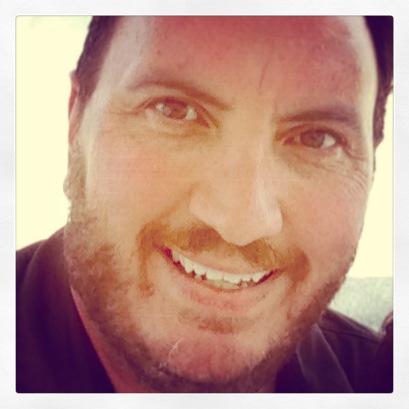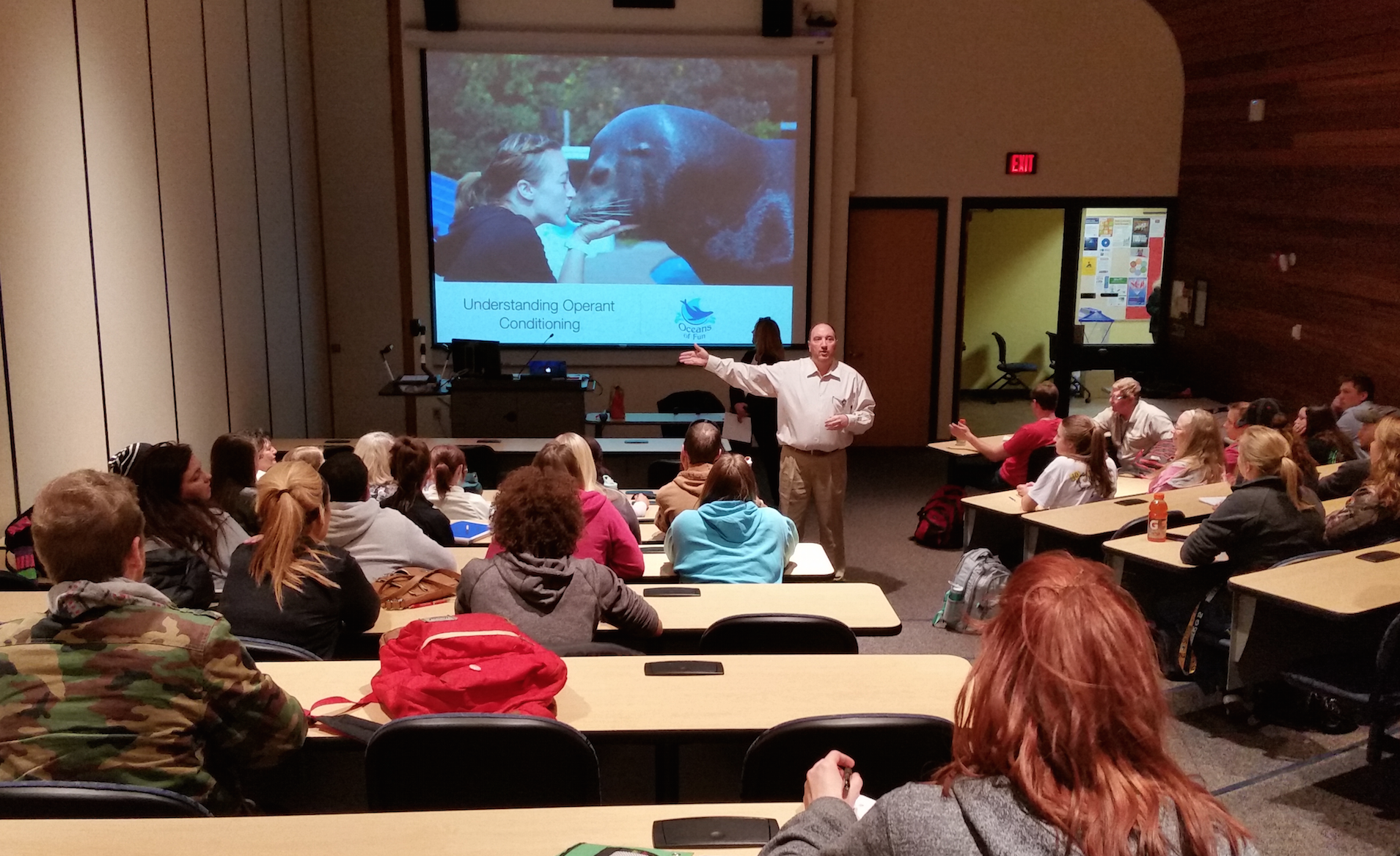 School name: Waukesha County Technical College (WCTC)
School name: Waukesha County Technical College (WCTC)
Type of college/university: community/technical college
School locale: Pewaukee and Waukesha, Wisconsin (growing suburbs of Milwaukee, Wisconsin)
Classes you teach: Introduction to Psychology; Psychology of Human Relations; Abnormal Psychology; Developmental Psychology, Think Critically and Creatively; and Introduction to Ethics
Expertise: Students benefit from my diverse graduate education, including master’s degrees in I/O psychology and counseling psychology and a PhD in educational psychology.
What’s the best advice about teaching you’ve ever received?
Focus on the learning activities. Like many teachers (as opposed to learning facilitators), I once believed that the learning activities were predominantly what the students did on their own outside of class (e.g., read the book, listen to lectures, take notes, study). While effective learners do choose to engage and direct many of their own learning activities, most students need careful coaching to grow into self-directed learners. When I first started teaching, I focused too much on the learning materials (e.g., the textbook, lectures) and the learning assessments (e.g., the exams, papers) and too little on creating engaging learning activities that direct and inspire students to actually think about, discuss, and apply the course content. Learning has to be facilitated and nurtured. Diverse, engaging learning activities help to make the content matter and stick.
What book or article has shaped your work as a psychology teacher?
Dr. Carol Dweck’s book, Mindset: The New Psychology of Success, is one of many books that have forever impacted the way I facilitate learning. A key to transforming students to learners is encouraging them to embrace the role of effort and strategies, not luck or talent, to educational and career success.
Tell us about your favorite lecture topic or course to teach.
I start every course by sharing psychological research on memory, learning and motivation that informs educational and career success. This research is presented across two class sessions, Crush Bad Study Habits (to share learning strategies) and Don’t Eat the Marshmallow (to share motivational strategies). I aim to directly address the fear, misconceptions, and bad habits that some students bring with them to class. These sessions help students critically examine the way they learn and the way they think about learning. Companion learning activities help students develop a concrete plan for learning success that incorporates these strategies. Follow-up mid-course and end-of-course journals give students an opportunity to reflect on the implementation of their plans. Recently, the content of these two sessions has been shared across the campus in two popular 30-minute workshops.
 Describe a favorite in-class activity or assignment.
Describe a favorite in-class activity or assignment.
Collaborative reflections that are embedded in blogs, journals, and discussions are a key component of my courses. It’s important that learners think critically about, discuss, and apply key psychological concepts and principles. For example, learners share direct quotes from the readings and other learning materials that really got them thinking and pose open-ended questions to involve others in analysis and reflection both in-class and online. It’s amazing how many helpful and interesting learning activities (e.g., media, self-assessments, observations, demonstrations, interviews, animations, and more) can be effectively embedded in collaborative reflections and other assignments.
What teaching and learning techniques work best for you? (quizzes? homework? take home exams?)
When it’s all about learning, it’s nearly all about the learning activities. Over time, my courses have moved away from the traditional “couple of exams and a paper” structure. I design my courses to emphasize several low stakes in-class and out-of-class assignments, including mastery quizzes, private and public journals, online and in-class discussions, interviews, observations, reflections, presentations, and more. Some of these activities are also aligned with learning resources I share via social media, particularly Twitter and Facebook, and with guest presentations. These activities require learners to retrieve, think about, discuss, and apply course concepts. Whenever possible, assessments are designed to emphasize learning, not grading, by employing mastery and collaborative features.
 What’s your workspace like?
What’s your workspace like?
My most productive workspace is my home office, where I am surrounded by plenty of rich resources and can play music and work with Mac products. My workshop at WCTC offers plenty of natural light and opportunities to collaborate with faculty across a variety of general educational disciplines.
Three words that best describe your teaching style.
Students become learners.
What is your teaching philosophy in 8 words or fewer?
Make it relevant, personal, thoughtful, social, and fun.
Tell us about a teaching disaster (or embarrassment) you’ve had.
Asking who has the phone that keeps vibrating and realizing it’s your own phone reminds me that we all forget to silence our technology at times.
What is something your students would be surprised to learn about you? I am introverted. Early high school experiences in forensics helped me gain confidence as a public speaker, but I enjoy and am most productive during my private time.
What are you currently reading for pleasure?
I like to combine pleasure with work. The 2014 book, Do Zombies Dream of Undead Sheep? A Neuroscientific View of the Zombie Brain, by Dr. Timothy Verstynen and Dr. Bradley Voytek, is perfect. I also enjoy reading the tweets of colleagues around the world.
What tech tool could you not live without?
OmniFocus. When people wonder how I manage to get so much done, I have to give much of the credit to effective planning and time management, which is made possible by this powerful personal productivity application.
What’s your hallway chatter like? What do you talk to colleagues about most (whether or not it is related to teaching/school)?
That’s easy! Zombies. Thank goodness there will soon be both The Walking Dead and Fear the Walking Dead. I’m eager this fall to teach a Walking Dead edition of Introduction to Psychology, where key psychological concepts and principles will be illustrated from events and issues raised in the TV series.
